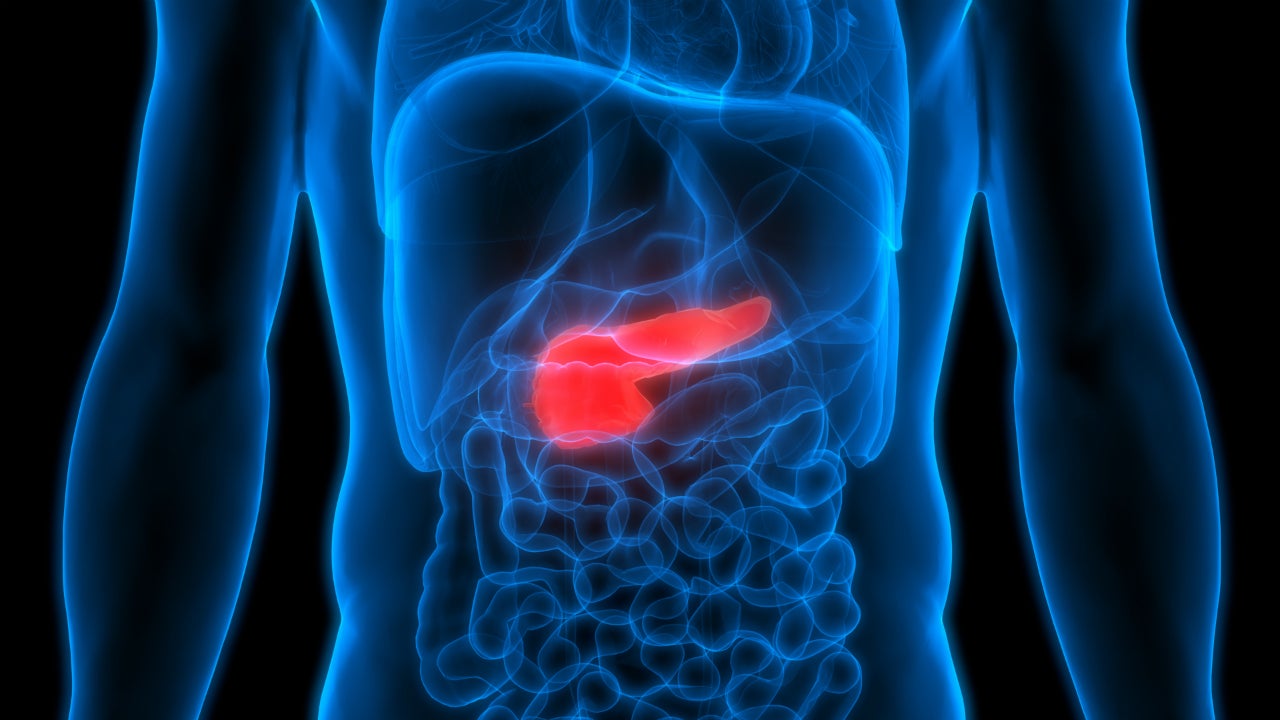Japan has an unusually high burden of pancreatic cancer. GlobalData epidemiologist forecast that this cancer burden will continue to rise in Japan in the next ten years despite the decrease in the Japanese population. GlobalData epidemiologists forecast an increase in diagnosed incident cases of pancreatic cancer in Japan from 42,000 cases in 2019 to 48,000 cases in 2029, at an annual growth rate (AGR) of 1.50%.
Incidence of pancreatic cancer in Japan has increased continuously over the past several decades. The incidence rate in Japan in 2019 as measured in cases per 100,000 population, was almost twice as high as in the US and 50% higher than in the 5EU (France, Germany, Italy, Spain, and the UK), and this trend will continue over the next ten years as shown in Figure 1.
The cause for the high incidence in Japan is unclear. While smoking, old age, and obesity are the strongest risk factors, the Japanese population is not at higher risk from obesity and smoking-related illnesses than the other markets. Age is a risk factor as Japan has an ageing population susceptible to this cancer. European countries are also experiencing demographic changes with ageing populations but do not have a similar incidence to Japan. It is possible that the Japanese population is more susceptible to the effects of pancreatic cancer risk factors than other populations.
The high rate of pancreatic cancer incidence in Japan is especially concerning because the disease is associated with high mortality. In Japan, this type of cancer is the fourth leading cause of cancer deaths. It is an aggressive disease where approximately 60%–80% of patients in Japan already have distant metastasis at presentation with a poor survival rate. Currently, an early diagnosis of pancreatic cancer is difficult due to the lack of clear diagnostic tools, which partly explains the low survival rate. Studies in Japan have reported that median survival for advanced-stage pancreatic cancer was just five months while it was more than one year for earlier stages, which implies that early diagnosis is key for better prognosis. The survival rates in other markets are comparable to Japan. In recent years, lots of research has been conducted into biomarkers such as PD-L1, BRCA, and PALB2, which will help to detect the disease earlier and predict the prognosis. These biomarkers could also shed light on why the Japanese population is more susceptible to pancreatic cancer.


US Tariffs are shifting - will you react or anticipate?
Don’t let policy changes catch you off guard. Stay proactive with real-time data and expert analysis.
By GlobalData




